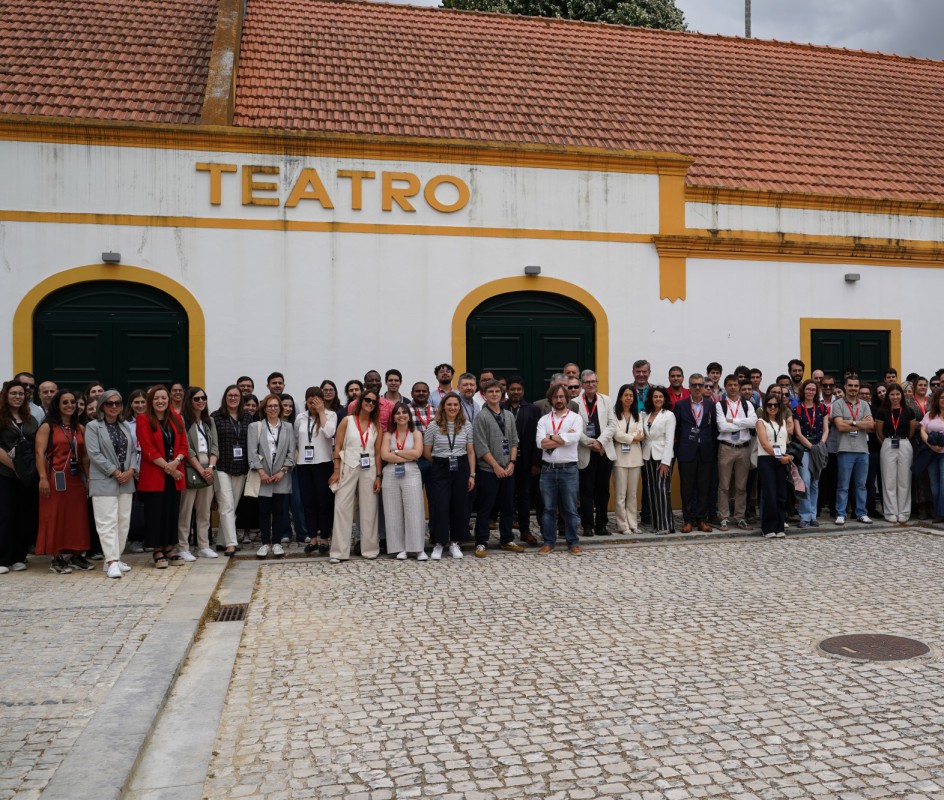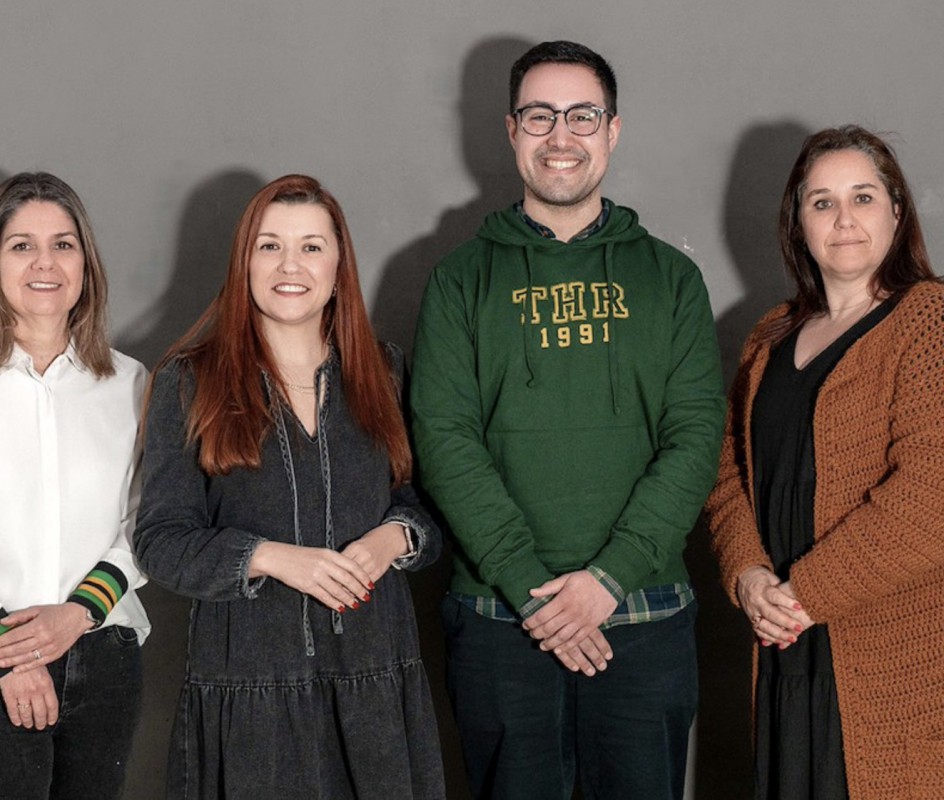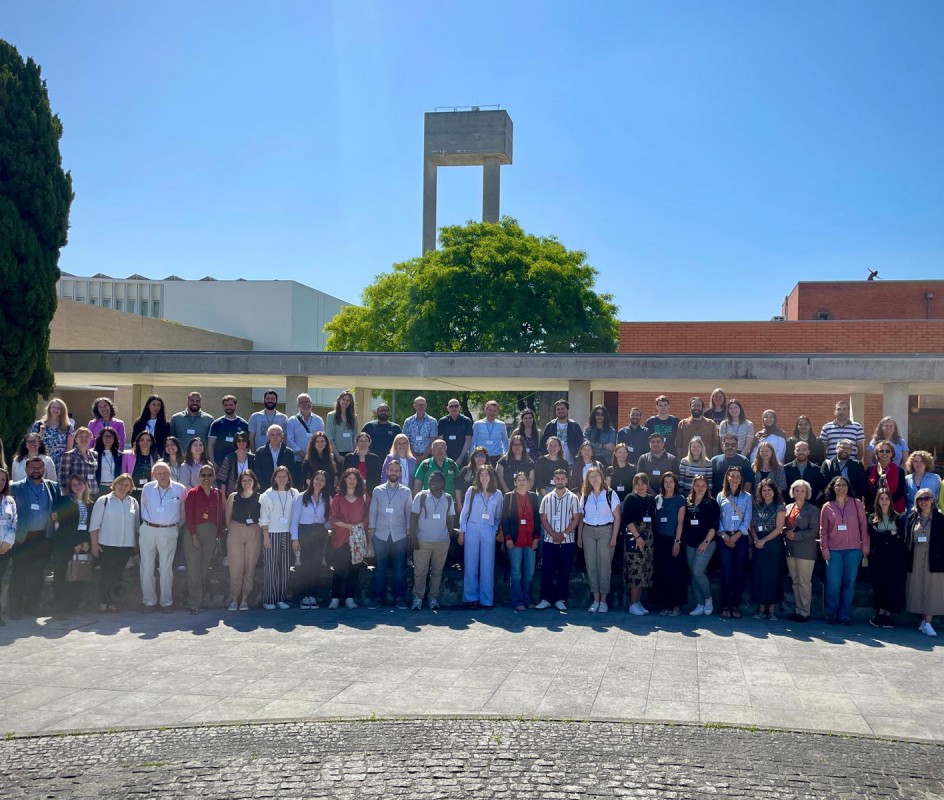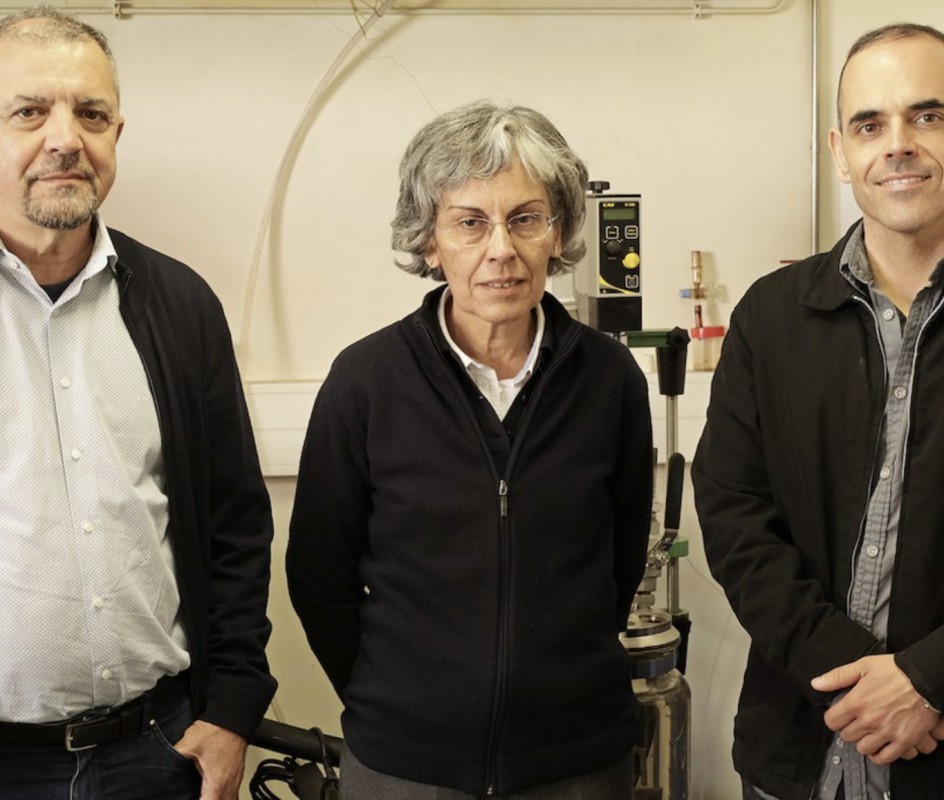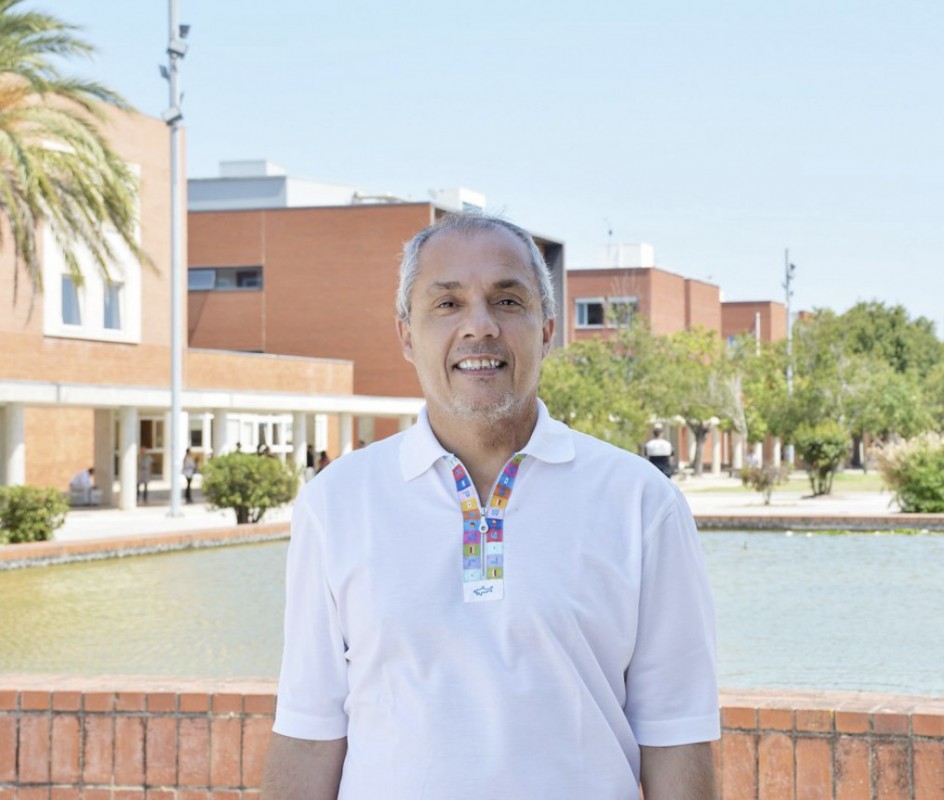
latest study published by the teams led by José R. B. Gomes, from CICECO-Aveiro Institute of Materials and Department of Chemistry of the University of Aveiro, and Miguel Jorge, from the Department of Chemical and Process Engineering at the University of Strathclyde (Glasgow), with co-authors André Carvalho, Sérgio M. Santos, José D. Gouveia and Germán Pérez-Sánchez, proposes a new computational paradigm with the ability to simultaneously describe mesoscale self-assembly processes and chemical reactions that are essential to understand the templated synthesis of a wide range of materials including nanoporous silica.
Their unique approach allowed, for the first time, to replicate the generic synthesis process on the computer under realistic experimental laboratory conditions (temperature, pressure and pH). The different components of the synthesis solution (i.e. silica, ammonium-based surfactant, water) were modelled with the widely used MARTINI unreactive coarse-grained force field, but the key innovation was to describe the chemical bond formation and breakage processes between silica particles, through a continuous potential with a proper balance between attractive and repulsive interactions between suitably placed virtual sites and “sticky” particles – hence the name “Sticky-MARTINI”.
The simplicity of the model, its applicability in standard highly-parallelized molecular dynamics codes, and its compatibility with the widely used MARTINI force field allows for the study of systems containing millions of atoms over microsecond time scales using an explicit solvent formalism. Therefore, the new paradigm can now be used to explore with unprecedented detail the synthesis of silica-based materials at different synthetic conditions (nature of the reactants, pH, temperature, etc.). The new approach, which was recently published in the npj Computational Materials journal of the prestigious Nature Portfolio, promises to revolutionise the way nanoporous silica is manufactured and commercialized.
Related Articles
We use cookies for marketing activities and to offer you a better experience. By clicking “Accept Cookies” you agree with our cookie policy. Read about how we use cookies by clicking "Privacy and Cookie Policy".



